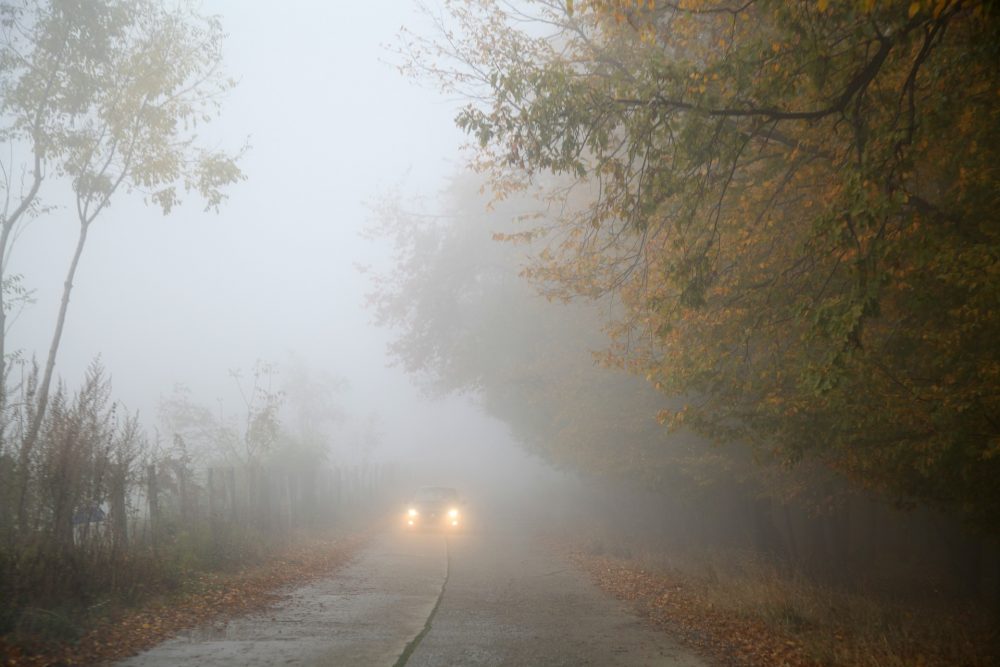
Traveling on the highway at any time of the day can be a challenge for motorists. But rush-hour congestion and a wintry weather mix definitely intensifies the activity to an almost unbearable degree.
With added safety risks like more cars on the road and bad weather, it’s not uncommon to see drivers make mistakes. And even if their mistakes don’t equal an actual impact, drivers and passengers who are involved in or even just witness a near miss accident can suffer from distress and anxiety.
I know my blood pressure spiked on a recent drive on a busy, congested highway. As the front seat passenger, I had a perfect view of a utility van sliding across the lane markers of their lane. It inched closer to the bed of a semi-trailer truck. Luckily, the van driver realized their mistake and was able to adjust their lane position away from the semi before it was too late.
I was already on edge due to the spitting rain and cloudy conditions that were reducing visibility for everyone on the road. After seeing that, I just wanted to get off the road. And I wasn’t even the driver of any vehicle! I’m sure the other drivers’ hearts were racing, too.
Even though an accident didn’t actually occur, I felt a serious level of stress and anxiety. Of course, that was followed by a feeling of relief. It was an emotional roller coaster, but I tend to have big feelings. I had to wonder if I was just overreacting and leaning into my dramatic sensibilities.
Turns out, my feelings are valid.
According to PTSD UK, witnessing a close call on the highway or on any road can have serious consequences.
“In fact, it’s important to understand that witnessing an incident that results in death or a life-changing injury — or even the potential for those things — can also lead to PTSD” (post-traumatic stress disorder).
Luckily, I am not fretting over the near-miss accident anymore, but it was a scary reminder of how dangerous driving really is.
If you or a loved one need support after witnessing or being involved in a traumatic event, PTSD UK recommends seeking help from a medical professional.
DeAnn Owens is a Dayton transplant by way of the Windy City, yet considers herself to be a California girl at heart even though she’s only visited there once. To get through the dreaded allergy season unique to the Miami Valley, she reads, writes, complains about the weather, and enjoys spending time with her husband, two sons, and their newest addition, a Boston terrier puppy that is now in charge of all their lives. In the future, she hopes to write a novel and travel through time. See more articles by DeAnn.








